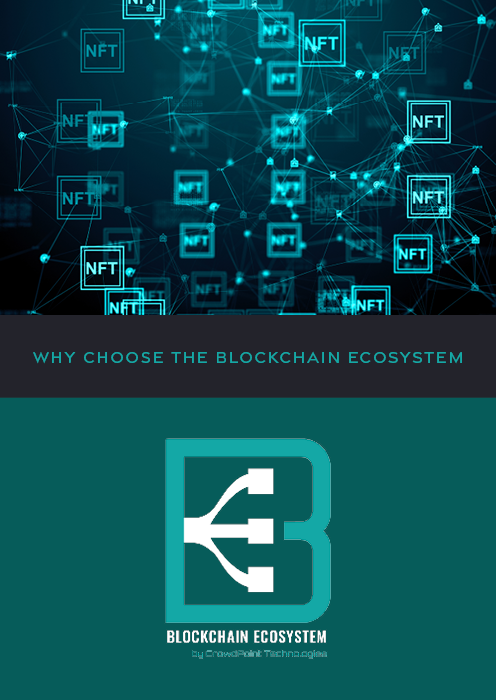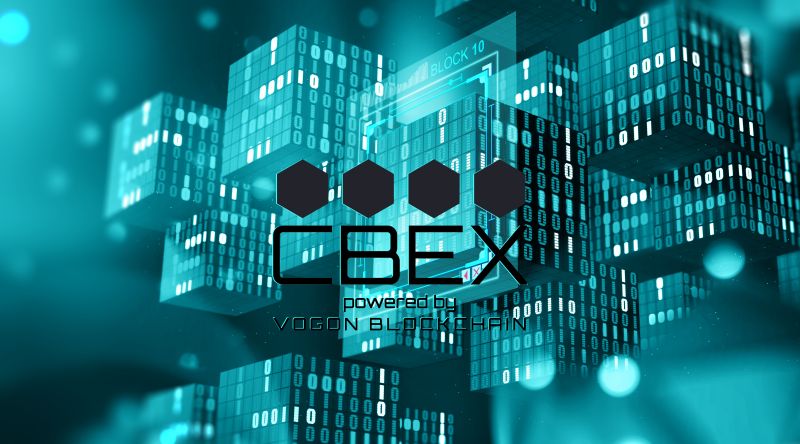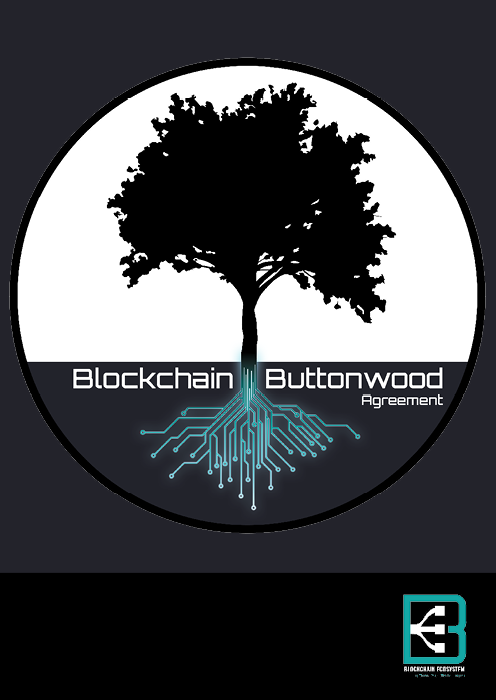Blockchain and the Banking Industry
Introduction
Blockchain is digital information that is stored in a public database. It traditionally is thought of in relation to cryptocurrencies, however, that is changing as the early use of blockchains is rapidly evolving into more efficient business models. However, a keen benefit for Banks is the blockchain provides added security for a variety of financial transactions. With blockchain, banks can store information about transactions such as the date, time, and dollar amount of a recent purchase. The blocks store information about the parties that are involved in a transaction as well. For example, a blockchain will record a transaction without any identifying information and will use a digital signature instead.
The information stored through blockchain will also store information that distinguishes it from other data. It will store a unique code called a hash which enables it to classify each unit of information. For example, if you purchase the same product twice on a website, there will be different codes to classify each transaction. Most Blockchains can store up to 1 MB of data per block, however, next-generation blockchains will be able to store more by leveraging a relational data model. A single block can store up to a few thousand transactions.
How Blockchain is changing the Banking Industry
With blockchain, there have been considerable changes in the industry in recent years. Blockchain allows untrusted parties to agree on the state of a database and not have to rely on a middleman for a transaction. There is a ledger that nobody administers. The technology will provide financial services such as payments without using any other party such as a bank. Thus blockchain creates decentralization which can make it easier for banks to focus on other activities besides tracking payment transactions.
The use of blockchain has changed banking in many different ways. It has affected things such as payments, settlement systems, fundraising, securities management, loans, credit, and trade finance.
With the decentralization ledger for payments, blockchain can provide faster payments and lower fees than banks.
Blockchain affects clearance and settlement systems where distributed ledgers can reduce the costs of operations and bring more real-time transactions between financial institutions.
Fundraising has been changed by providing Initial Coin Offerings. A new model of financing can unbundle access to capital from capital raising services and firms.
Securities such as stocks, bonds, and alternative assets are placed on public blockchains. This creates more efficient capital markets.
Blockchain has changed the banking industry by removing the need for gatekeepers in the loan and credit industry as well. It has made it more secure to borrow money and provides lower interest rates. Trade finance has been changed with blockchain by replacing the paper-heavy. It has created more transparency, security, and trust among trade parties all over the world.
Top 8 Benefits of Blockchain
There are several benefits of blockchain for banks. The advantages of blockchain in banking have helped financial institutions find ways to complete more secure transactions and reduce errors. As a result, banks will want to consider using blockchain more often to better meet the needs of their customers.
1. Costs Reduced
One of the benefits of blockchain for banks is reduced costs. Banks have recently learned that blockchain can allow them to reduce infrastructure costs by up to $20 billion by the year 2022. By implementing things such as smart contacts within a platform, banks can reduce the interactions with counterparts and intermediaries. They can also lower the cost of maintaining and executing contracts as well. Banks can also reduce the transaction costs between bank to bank transactions.
2. Faster Transactions
Another one of the advantages of blockchain in banking is offering faster transactions. Any transaction can be done within a matter of seconds and slightly faster than other traditional methods. Banks are now able to avoid middlemen which can allow them to ensure that customers complete transactions at a quicker pace. This will result in customers and banks being able to complete and process more transactions.
3. Improved Security
Shared ledgers can help banks better secure transaction information. First, they will be able to quickly complete a transaction and reduce the risk of someone either capturing transaction information or diverting payments. Two security keys exist for each transaction. A public key is available for every user while a private key is shared between the parties of a given transaction. Data of a transaction is also unchangeable once it has been verified.
4. Improved Data Quality
Modern blockchain can store any type of data and allow it to be accessed following predefined rules and regulations. The technology known as smart contracts automatically verifies and enforces contracts. By moving banking information into shared ledgers, the information then inherits the benefits of blockchain.
5. Alternate Asset Classes
Banks can benefit from the blockchain with the use of digital assets. They are now able to accept digital currency to complete a variety of transactions. With cryptocurrency, banks will be able to more easily clear and settle financial trades faster and more securely. Banks will also look to leverage new kinds of digital assets to create more efficient settlement methods.
6. Accountability
With accountability, banks will be able to benefit from blockchain by reducing fraud and misuse of company assets. With digitally generated transactions, banks will no longer have to worry about significant errors being made. They won’t have to worry about important information being fabricated as well. Blockchain makes all transactions easy to check and verify which will, therefore, ensure that banks accurately process transactions more consistently.
7. Compliance
Banks will also benefit from the blockchain with better compliance. They can allow auditors and government officials access to the blockchain. With this access, auditors and the government can see business unfold with complete transparency. Banks can also intercept suspicious transaction activity and streamline the auditing process. Financial institutions are now able to provide digital information that is easy to find and save time with the auditing process.
8. Reduced Error Handling & Reconciliation
Blockchain has also benefited banks by allowing them to more easily reconcile transactions. They can trace transactions more quickly and find errors in a timelier manner. This enables them to find errors before a transaction is completed. As a result, they will have the means to fix errors before they can cause a problem for the institution and its customers.
Conclusion
There are many benefits associated with blockchain technology. These benefits have allowed banks and financial institutions to provide better service as well as offer more security to customers. With blockchain technology & banking software solutions, many financial institutions have been in a position to improve their operations and become more competitive in the banking industry.





Leave a comment